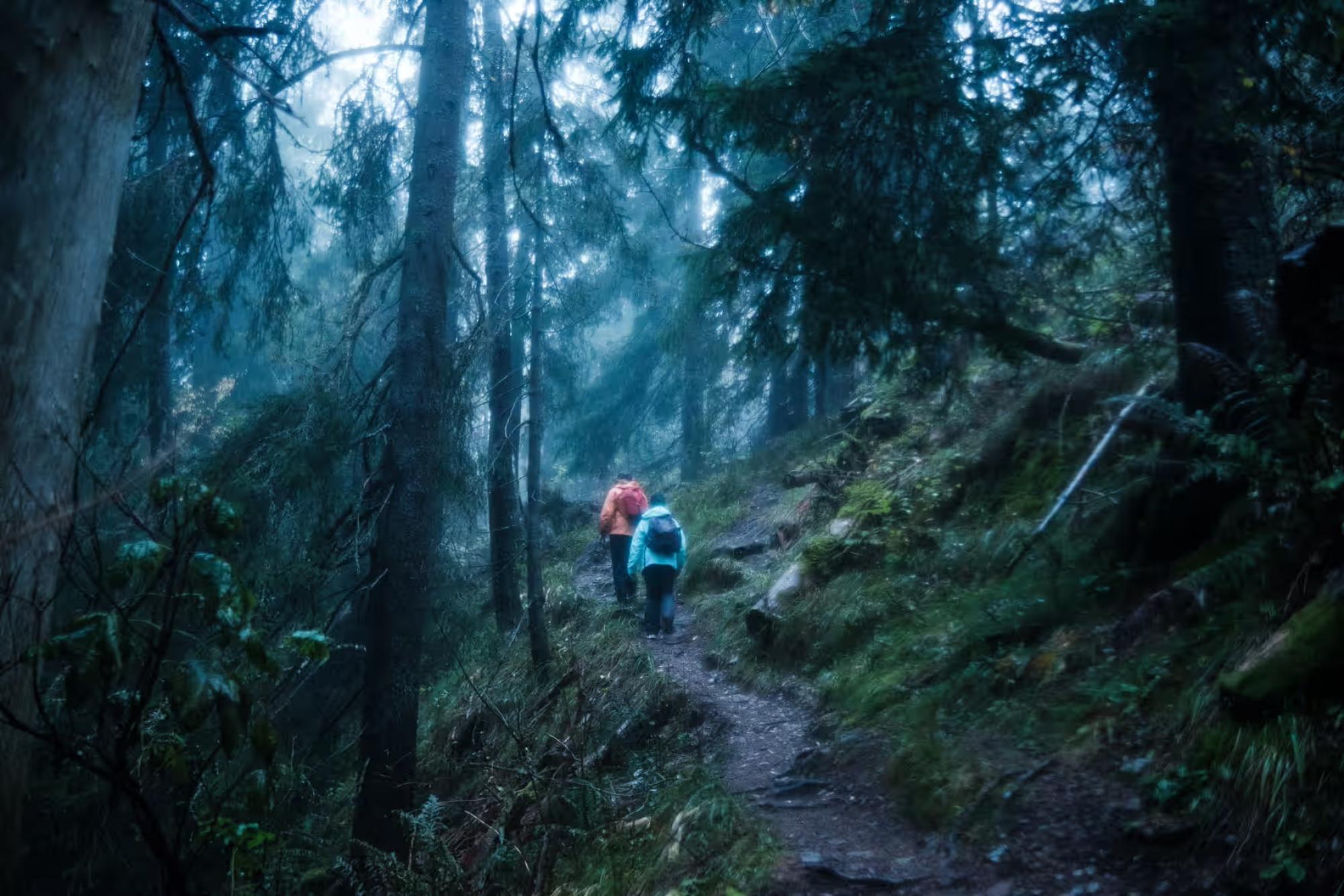Related Stories
The Norwegian secret: how friluftsliv boosts health and happiness
Key Excerpts from Article on Website of The Guardian (One of the UK's Leading Newspapers)

Posted: October 8th, 2023
https://www.theguardian.com/lifeandstyle/2023/sep/27/the-nor...
Friluftsliv [is] a way of being that is part of the Norwegian national identity. The term was coined by the playwright Henrik Ibsen in his 1859 poem On the Heights, although the concept is much older. Its literal translation is “free-air life”, but Ibsen used it to convey a spiritual connection with nature. To modern Norwegians, it means participating in outdoor activities, but also has a deeper sense of de-stressing in nature and sharing in a common culture. An astonishingly high percentage of Norwegians report spending time outdoors. A survey in June by the market research company Kantar TNS found that 83% are interested in friluftsliv, 77% spend time in nature on a weekly basis and 25% do so most days. At many nurseries, toddlers spend 80% of their time outside; at school, there are special days throughout the year when children go out in nature and build campfires. Studies show that being in green spaces helps reduce anxiety and improve cognition. In a 2020 survey, 90% of Norwegians said they felt less stressed and in a better mood when they spent time in nature. Helga Synnevåg Løvoll, a professor of friluftsliv at Volda University College, says the five documented ways to wellbeing can be achieved through friluftsliv (they are “connect”, “be active”, “take notice”, “keep learning” and “give”). This nature-induced wellbeing could be one reason why Norway ranks among the happiest countries in the world. It came seventh in the UN’s World Happiness report in 2023.
Note: Read about the rise of "green prescription" programs in different healthcare systems around the world. Explore more positive stories like this in our comprehensive inspiring news articles archive focused on solutions and bridging divides.
Related Stories
Top Inspiring News Articles
Top Inspiring News Articles from Years Past













































































